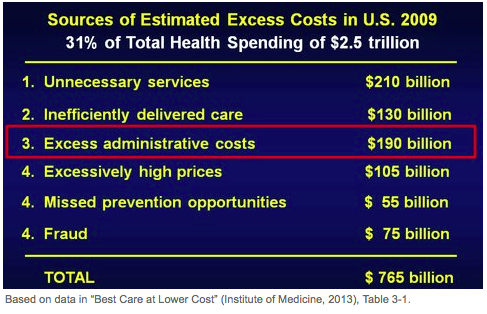Bestwifeever
Moderator Emeritus
- Joined
- Sep 17, 2007
- Messages
- 17,774
A provider can see the group and plan numbers, but if an issuer has numerous plans, what distinguishes or identifies a plan offered on an exchange, and why would a provider even care? The provider is interested in reimbursement, not policy issuance. If an issuer uses the same network for different plans, and some of those plans are offered on the exchange, it is basically irrelevant to the provider. This is certainly the case with many BCBS and Humana PPO plans, as they reference the same national networks used for other group plans they issue. The frequent reports of health care providers being cut out of or not accepting ACA plans sound like providers and insurers are finding it more difficult to negotiate reimbursement....
The article says this practitioners plan to accept no insurance at all. Just like daddy did. I would bet dollars to donuts he will not charge his patients much less for procedures if he really goes cash only.
Judge said his father operated the family chiropractic medicine practice 30 years ago using cash-only to avoid problems with insurance companies.
“Dad shook his head and told me then not to mess around with insurance companies and it looks like its coming full circle,” Judge said. “Many of my friends in chiropractic medicine have gone cash-only and we’re talking about it.”
Judge said that if he goes cash-only he’ll be able to cut overhead and employee costs and charge his patients much less for procedures.

